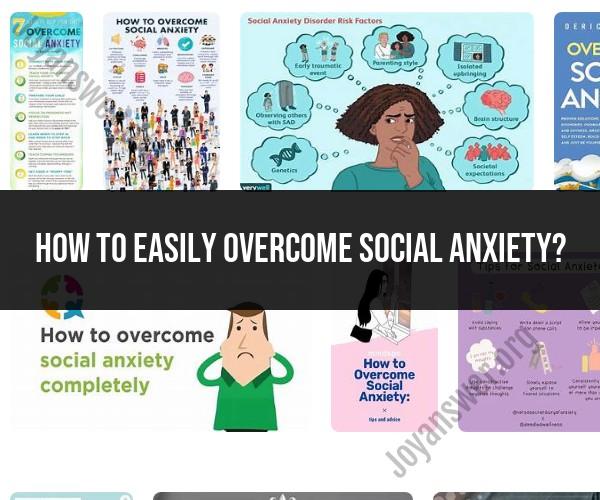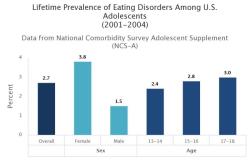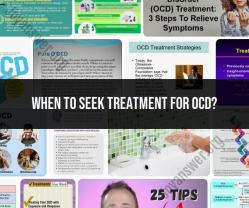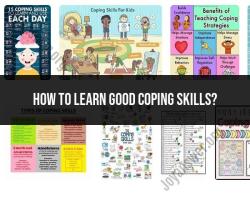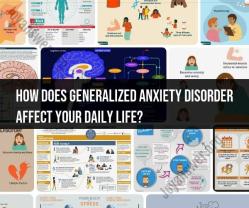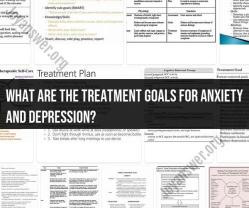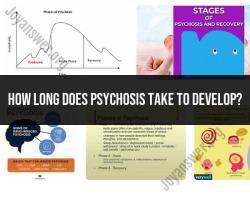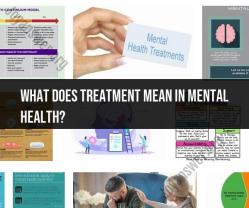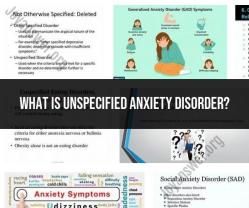How to easily overcome social anxiety?
Overcoming social anxiety is a gradual process that often requires time, practice, and patience. While there's no "easy" fix, several effective strategies can help you manage and eventually overcome social anxiety. Here are some tips to get started:
Self-awareness:
- Recognize that you have social anxiety, and acknowledge that it's a common issue. Understand that you're not alone in experiencing these feelings.
Education:
- Learn more about social anxiety. Understanding the causes and triggers can help you manage and work through them. Consider reading self-help books or seeking professional guidance.
Gradual Exposure:
- Start small. Begin by gradually exposing yourself to social situations that make you anxious. This might include initiating short conversations, attending small gatherings, or participating in group activities with people you feel comfortable around.
Practice Relaxation Techniques:
- Techniques like deep breathing, mindfulness, and progressive muscle relaxation can help manage anxiety. Practice these methods regularly to reduce physical symptoms of anxiety.
Cognitive Restructuring:
- Challenge and reframe negative thoughts that contribute to social anxiety. Replace them with more rational and positive self-talk.
Set Realistic Goals:
- Set achievable goals for social interactions. Focus on progress, not perfection. Reward yourself for stepping outside your comfort zone.
Social Skills Training:
- Consider taking a social skills training course or working with a therapist to improve your communication and interpersonal skills.
Seek Support:
- Don't hesitate to reach out to friends, family, or a mental health professional. Share your feelings and progress with someone you trust.
Join Support Groups:
- Connect with others who experience social anxiety by joining support groups. Sharing your experiences and listening to others can be reassuring and beneficial.
Medication:
- In some cases, medication may be prescribed by a healthcare professional to manage symptoms of social anxiety. Consult a doctor or psychiatrist to discuss this option.
Visualization:
- Use positive visualization techniques to mentally rehearse social interactions before they happen. This can boost your confidence and reduce anxiety.
Self-Compassion:
- Be kind to yourself and practice self-compassion. Understand that it's okay to make mistakes or have moments of anxiety. Treat yourself with the same kindness you'd offer a friend.
Reduce Caffeine and Alcohol:
- Excessive caffeine and alcohol consumption can exacerbate anxiety. Limit your intake or avoid these substances to help manage your symptoms.
Healthy Lifestyle:
- Prioritize a balanced diet, regular exercise, and sufficient sleep. These factors play a significant role in managing anxiety.
Professional Help:
- If social anxiety significantly impairs your daily life or relationships, consider seeking therapy. Cognitive-behavioral therapy (CBT) is often effective in treating social anxiety. Therapists can provide guidance and techniques tailored to your specific needs.
Remember that overcoming social anxiety is a gradual process, and it's okay to seek help from a mental health professional if needed. Consistent effort, practice, and self-compassion are key to making progress. Everyone's journey is unique, so be patient with yourself as you work toward managing and eventually overcoming social anxiety.
How to overcome social anxiety with ease?
There is no one-size-fits-all answer to this question, as the best way to overcome social anxiety will vary depending on the individual. However, there are a number of practical strategies and techniques that can be helpful.
What are practical strategies and techniques for dealing with social anxiety?
Some practical strategies and techniques for dealing with social anxiety include:
- Identifying your triggers: Once you know what triggers your social anxiety, you can start to develop strategies for coping with them. For example, if you know that public speaking makes you anxious, you can practice speaking in front of a mirror or with a friend or family member.
- Challenging your negative thoughts: Social anxiety is often accompanied by negative thoughts about yourself and your abilities. When you have these thoughts, challenge them by asking yourself if they are realistic and helpful.
- Focusing on the present moment: Social anxiety can often lead to worrying about the future or dwelling on the past. However, this can only make your anxiety worse. Instead, try to focus on the present moment and what you are doing right now.
- Using relaxation techniques: Relaxation techniques such as deep breathing and meditation can be helpful for managing anxiety. There are many different relaxation techniques available, so you can find one that works best for you.
- Gradual exposure: One of the best ways to overcome social anxiety is to gradually expose yourself to the situations that make you anxious. Start by exposing yourself to less stressful situations and work your way up to more stressful situations over time.
Can you provide steps for gradually building confidence and reducing social anxiety?
Here are some steps for gradually building confidence and reducing social anxiety:
- Identify your strengths and accomplishments: Make a list of all of your strengths and accomplishments. This will help you to build your confidence and remind yourself that you have something to offer.
- Set small goals for yourself: Set small, achievable goals for yourself related to social interaction. For example, you might start by setting a goal to say hello to one new person each week.
- Challenge your negative thoughts: When you have negative thoughts about yourself or your abilities, challenge them by asking yourself if they are realistic and helpful.
- Reward yourself for your progress: When you achieve a goal related to social interaction, reward yourself. This will help you to stay motivated and keep making progress.
What resources and therapies are available for individuals looking to overcome social anxiety?
There are a number of resources and therapies available for individuals looking to overcome social anxiety. Some of the most common resources and therapies include:
- Therapy: Therapy can be very helpful for overcoming social anxiety. A therapist can help you to identify your triggers, challenge your negative thoughts, and develop coping mechanisms.
- Support groups: Support groups can provide a safe and supportive environment for people to talk about their social anxiety and learn from each other.
- Self-help books and articles: There are a number of self-help books and articles available on social anxiety. These resources can provide information on the causes and symptoms of social anxiety, as well as tips for overcoming it.
How to maintain progress and manage social anxiety in the long term?
Here are some tips for maintaining progress and managing social anxiety in the long term:
- Continue to challenge your negative thoughts and practice your coping mechanisms. Social anxiety is a chronic condition, so it is important to continue to work on it even after you have made progress.
- Be patient with yourself. Overcoming social anxiety takes time and effort. Don't get discouraged if you have setbacks along the way.
- Seek support if needed. If you are struggling to manage your social anxiety on your own, don't be afraid to seek professional help.
Remember, you are not alone. Social anxiety is a common condition that affects millions of people. There are resources and treatments available to help you overcome it.
